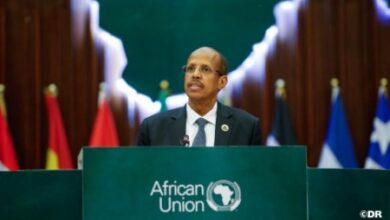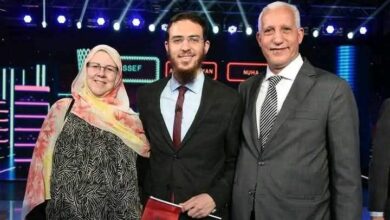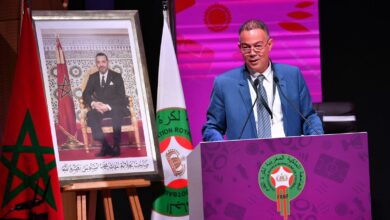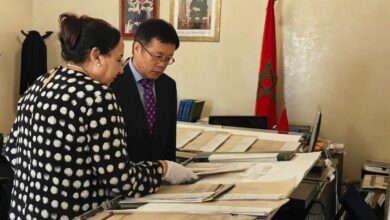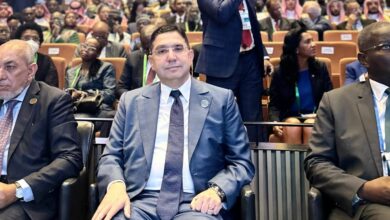Halal Certificate Scandal: Accusations of Financial Manipulation at the Great Mosque of Paris
Halal Certificate Scandal: Accusations of Financial Manipulation at the Great Mosque of Paris
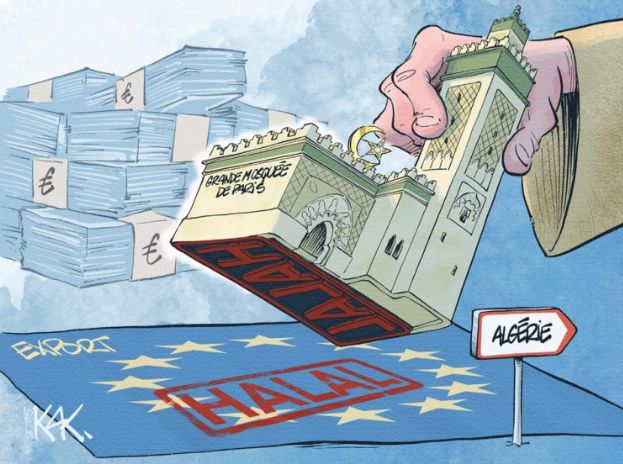
ALDAR/
A major scandal has emerged surrounding the system for issuing halal certificates by the Great Mosque of Paris, raising suspicions about the integrity of the process, which is controlled by the mosque’s director, Shamseddine Hafidh, a supporter of the Algerian regime.
In an extensive investigation published by the French newspaper L’Union, several parties have accused the mosque’s officials of being involved in financial manipulation. They claim that the halal certificate is granted in exchange for large sums of money, with no actual oversight of the products.
One French manufacturer says, “We request the halal certificate from the Great Mosque of Paris, pay for it, and receive it… but the credibility of the certificate is zero. No one comes to verify anything!” This reflects the growing concern about the transparency of the certification process, which raises many questions about how it is managed.
The journalistic investigation reveals that the funds collected from issuing the certificates are not used to improve the conditions of the imams or develop the mosque. Instead, it is said that they are allocated to finance the lifestyle of those in charge of the mosque. In this context, Amar Dib, a former advisor to the mosque’s president, stated: “This money does not go to the imams’ salaries; it is used to finance the luxurious life of the mosque’s leadership.”
While it is claimed that the certification process is carried out by a non-profit organization, the investigation shows that it is actually managed through a commercial company under the supervision of Hafidh, who was previously a lawyer for the Polisario Front. This company, which is based in the mosque itself, oversees the halal product certification for the Algerian market. Ironically, the company employs only three administrative staff, with no specialist inspector to ensure that standards are applied.
The scope of the accusations has expanded to include suspicions of monopolistic practices by Hafidh and his associates in this field. Algerian-French researcher, Sadek Salem, points out that the support from certain Algerian circles for the mosque stems from their desire to control the “war chests” managed by Hafidh, which raises concerns about the potential personal or political use of these funds.
On the other hand, figures reveal that large sums of money are traded annually through these operations, which further complicates the situation and opens the door to questions about financial transparency. As a result, an investigation has been launched by the European Commission at the request of the French Ministry of Finance to examine these activities.
The halal certificate scandal at the Great Mosque of Paris may be another step toward uncovering a deep financial and administrative corruption issue in France, which could have significant ramifications not only for religious institutions but also for the economic relations between France and Algeria.

